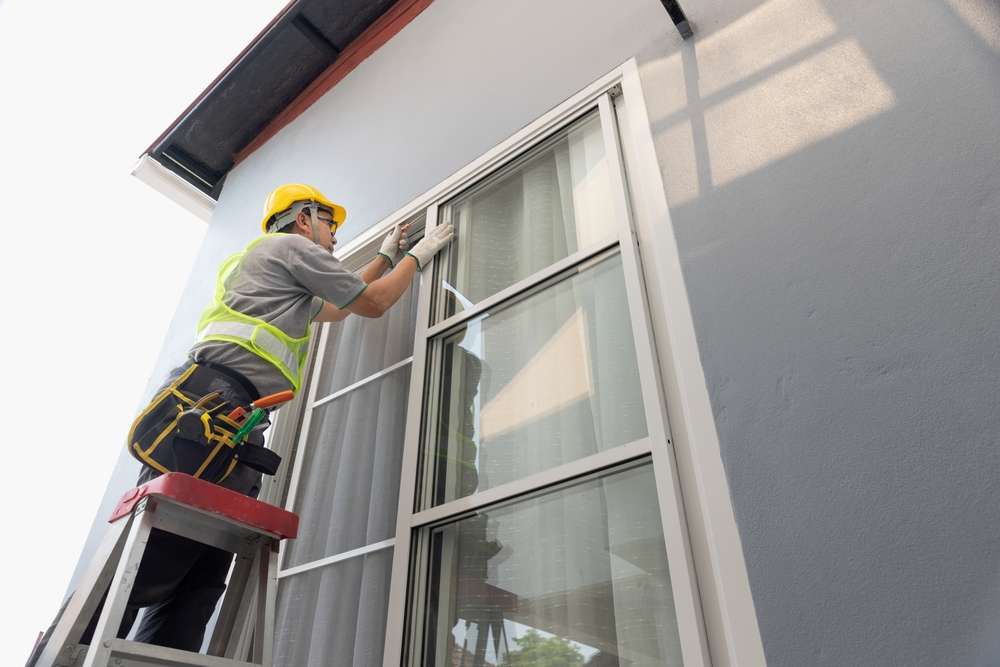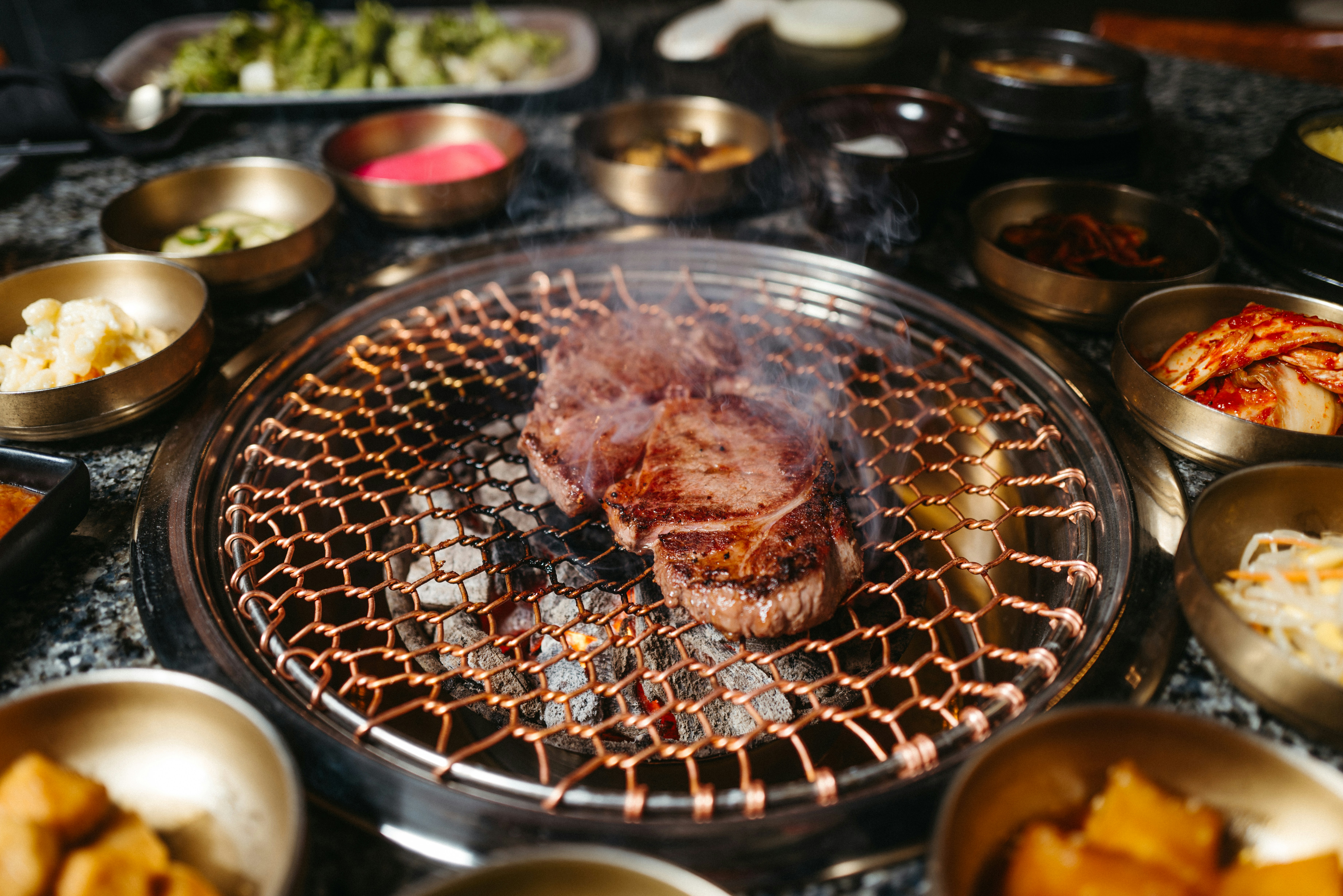The Complete Guide to Professional Painting Jobs
The painting industry offers numerous opportunities for skilled professionals who understand the intricacies of delivering quality results. From precise preparation to final touches, successful painting jobs require careful planning, technical knowledge, and attention to detail. This comprehensive guide explores the essential aspects of professional painting, from initial estimates to project completion, helping both newcomers and experienced painters enhance their expertise.

What Qualifications Do You Need for Painting Jobs?
While formal qualifications aren’t always mandatory, several credentials can enhance your career prospects. A Level 2 or 3 Diploma in Painting and Decorating provides essential technical knowledge. Health and safety certifications, such as CSCS cards, are often required for commercial projects. Professional memberships with organizations like the Painting and Decorating Association (PDA) can also boost credibility.
How to Find and Secure Painting Jobs
Finding painting jobs requires a multi-channel approach. Start by registering with specialized trade websites and job boards. Create profiles on professional networks and local business directories. Building relationships with construction companies, property managers, and estate agents can lead to regular work. Consider joining trade associations that offer job listings and networking opportunities.
Understanding Interior Painting Jobs
Interior painting jobs form a significant portion of available work. These projects involve preparing surfaces, protecting furniture and floors, and applying primers and finishes. Knowledge of different paint types, application techniques, and proper ventilation is crucial. Interior jobs often require excellent attention to detail, especially in residential settings where clients scrutinize finish quality.
Essential Skills for Exterior Painting Jobs
Exterior painting projects present unique challenges including weather considerations and safety requirements. Skills in surface preparation, weather-resistant coating application, and working at heights are essential. Understanding proper scheduling around weather conditions and managing larger equipment like scaffolding and lifts is crucial for success.
Building a Successful Painting Business
Many painters progress to running their own businesses. This requires additional skills in estimating, project management, and client relations. Investing in quality tools, maintaining proper insurance coverage, and developing systematic approaches to job scheduling and execution are key success factors.
Current Market Rates and Earning Potential
Professional painters’ earnings vary based on experience, location, and specialization. Here’s a breakdown of typical rates:
| Position Type | Experience Level | Daily Rate Range |
|---|---|---|
| Apprentice | Entry Level | £65-£90 |
| Qualified Painter | 2-5 years | £120-£180 |
| Senior Painter | 5+ years | £160-£250 |
| Specialist/Project Manager | 8+ years | £200-£350 |
Prices, rates, or cost estimates mentioned in this article are based on the latest available information but may change over time. Independent research is advised before making financial decisions.
Success in professional painting requires continuous skill development, reliable work practices, and strong customer service abilities. Whether working independently or as part of a larger organization, maintaining high standards and building a solid reputation are essential for long-term career growth in this dynamic field.




